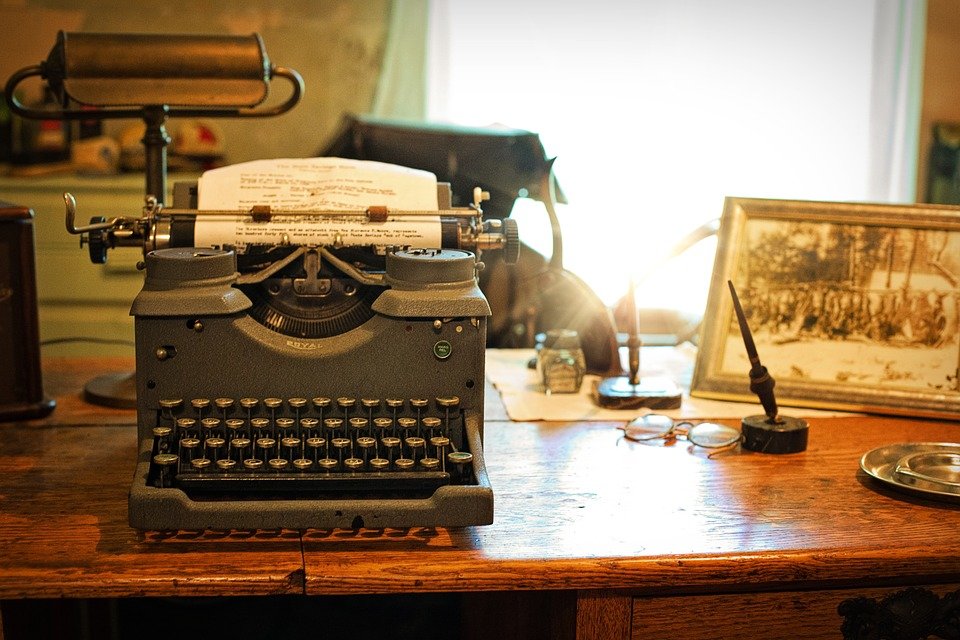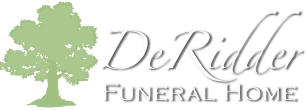(337) 463-6211
Making Funeral Arrangements

What to Bring
The following are some items we will eventually need. Though it is not necessary to have any or all of these items at our first funeral arrangement meeting, it is helpful.
- Photos: Several recent, one favorite for obituary, memorial ideas and for Portraits of Life
- Paperwork: Social security number, date/place of birth, parents/survivors full name and their spouses, military service records if applicable
- Clothing deceased would wear on a daily basis, including: under garments, socks, hosiery, jewelry, lapel pin, watch, rosary, glasses, cologne/perfume, lipstick, nail polish, etc.
If the funeral has been prearranged, please bring any preplanning paperwork, including insurance forms. Many of the items above will already be specified and we can talk about them at the meeting.
Funeral Timing
Some religious traditions dictate funeral timing; others have no parameters. While natural instinct pushes us to have funerals soon after a death occurs, we see a dramatic difference between families who rush to plan and complete a funeral in a few days and those who take more time to consider how to celebrate their loved ones’ lives. With many details to coordinate, families who take the time to think through decisions are able to plan more meaningful funerals and they themselves seem more relaxed. DeRidder Funeral Home will help in any way possible no matter what your time frame may be.
Decisions
This is a partial list of the decisions and tasks family members are faced with upon the death of a loved one. Many families find it beneficial to make some of the decisions ahead of time.
Notify:
- doctor or coroner
- relatives
- friends
- funeral home
- lawyer
- employer
- cemetery/memorial location
- clergy
- co-workers
- musicians
- financial organizations
- insurance companies
- Department of Veterans Affairs
- volunteer, church, union, fraternal organizations
- newspapers
Accurate information of:
- birthplace
- career
- volunteer organizations
- social security number
- date and place of birth, citizenship
- parents’ full names and maiden names
- relatives’ maiden and married names
- close friends’ names
Location of:
- birth certificate
- marriage license
- veteran’s discharge papers
- death certificate
- insurance policies
- bank/credit card accounts
- investment accounts
- deeds to property
- will
- agent authorizing form
Funding of:
- professional services
- merchandise
- cemetery
- musicians
- flowers
- transportation
- reception
- honorariums
Choice of:
- clothing, undergarments, shoes
- jewelry
- final placement of jewelry
- burial or cremation
- open or closed casket
- casket or urn and keepsake selection
- cemetery or memorial location
- cemetery plot, vault or mausoleum
- monument or marker and wording
- type of service (religious, fraternal, secular or other)
- clergy involvement
- Memorial Folders
- pallbearers
- eulogy or special speaker
- seating arrangements
- obituary wording and publications
- special readings, biblical passages
- music
- flowers
- candles
- pictures and other memorabilia
- charity to receive memorial gifts
- release: environmentally safe balloons, butterflies or doves
- child care
- pet care
- out of town guest arrangements
Location, date, time and agenda of:
- private family viewing
- visitation
- funeral/memorial
- burial
- post-funeral gathering and menu
A funeral director will guide you through all these steps, using your wants, needs and desires as a foundation to create a memorable funeral for your loved one. From here the funeral services can be personalized. Did your loved one have a favorite sports team? What was their favorite type of music? What activity was your loved one known best for? Recalling fond memories assists with the grieving process and will help honor the life of your loved one.





